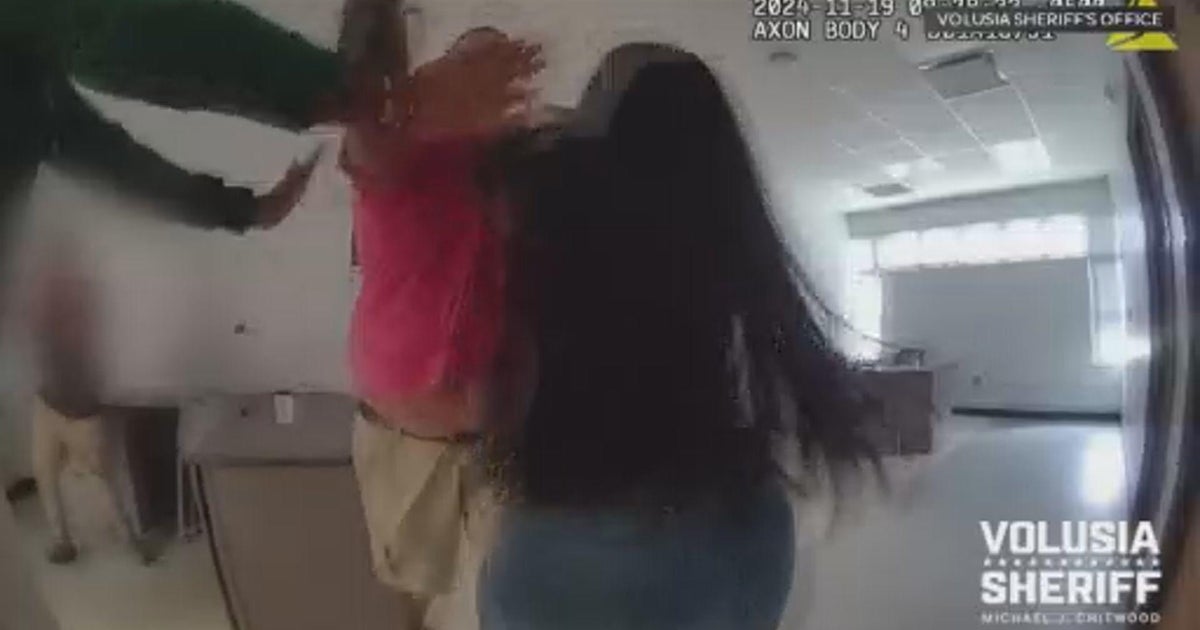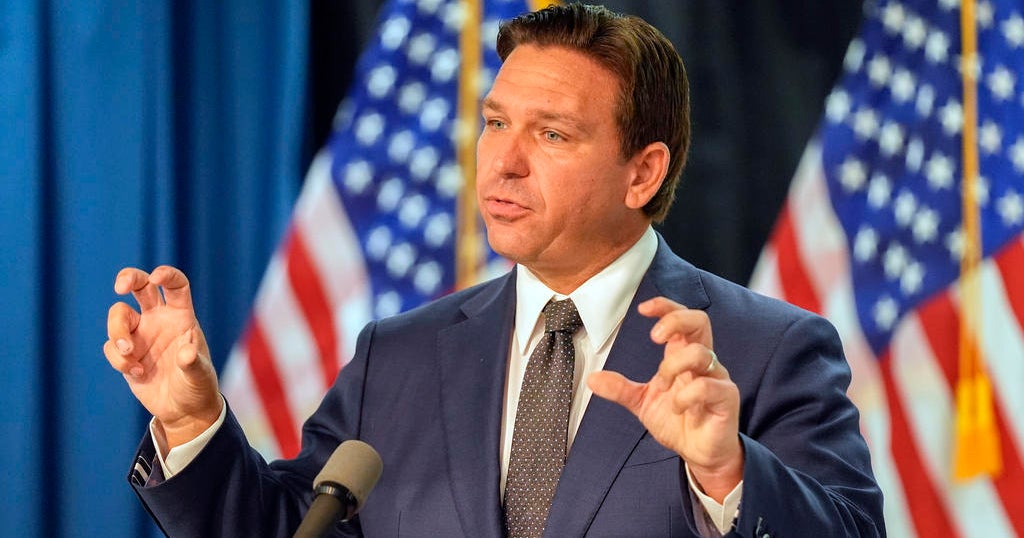Hundreds of inmates flee after armed gangs storm Haiti's main prison in escalating violence
At least three people have been killed and hundreds of inmates have fled Haiti's main prison after armed gangs stormed the facility overnight.
The jailbreak marks a new low in Haiti's downward spiral of violence and comes as gangs assert greater control on the capital while the embattled Prime Minister Ariel Henry is abroad trying to win support for a United Nations-backed security force to stabilize the country.
On Sunday morning, the bodies of three people containing gunshot wounds could be seen lying on the ground at the prison's entrance, which was wide open, with no guards in sight. Officers inside a single police car stationed outside the facility would not say what happened.
Arnel Remy, a human rights attorney who heads a non-profit that works inside the prisons, said on X, formerly Twitter, that fewer than 100 of the facility's nearly 4,000 inmates remain behind bars.
Those choosing to stay include 18 former Colombian soldiers accused of working as mercenaries in the July 2021 assassination of Haitian President Jovenel Moïse. On Saturday night, amid the disturbances, several of the Colombians shared a video urgently pleading for their lives.
"Please, please help us," one of the men, Francisco Uribe, said in the 30-second video message widely shared on social media. "They are massacring people indiscriminately inside the cells."
During the chaos, police also appealed for help.
"They need help," a union representing Haitian police said in a message posted on social media bearing an "SOS" emoji repeated eight times. "Let's mobilize the army and the police to prevent the bandits from breaking into the prison."
The armed clashes follow a string of violent protests that have been building for some time but turned deadlier in recent days as Henry, the prime minister, went to Kenya to salvage a proposed security mission in Haiti to be led by that East African country. Henry took over as prime minister following Moise's assassination and has repeatedly postponed plans to hold parliamentary and presidential elections, which haven't taken place in almost a decade.
As part of coordinated attacks by gangs, four police officers were killed Thursday in the capital when gunmen opened fire on targets including Haiti's international airport. Gang members also seized control of two police stations, prompting civilians to flee in fear and forcing businesses and schools to close.
As a result of the violence at the airport, the U.S. Embassy in Port-au-Prince said it was temporarily halting all official travel to Haiti.
Haiti's National Police has roughly 9,000 officers to provide security for more than 11 million people, according to the U.N. The officers are routinely overwhelmed and outgunned by powerful gangs, which are estimated to control up to 80% of Port-au-Prince.
Jimmy Chérizier, a former elite police officer known as Barbecue who now runs a gang federation, claimed responsibility for the surge in attacks. He said the goal was to capture Haiti's police chief and government ministers and prevent Henry's return.
The prime minister, a neurosurgeon, has shrugged off calls for his resignation and didn't comment when asked if he felt it was safe to return home.
He signed reciprocal agreements Friday with Kenyan President William Ruto to try and salvage the plan to deploy Kenyan police to Haiti. Kenya's High Court had ruled in January that the proposed deployment was unconstitutional, in part because the original deal lacked reciprocal agreements between the two countries.
The violence has complicated efforts to stabilize Haiti and pave the way for elections. Caribbean leaders said Wednesday that Henry had agreed to schedule a vote by mid-2025 — a far-off date likely to further enrage Henry's opponents.
___
Associated Press writers Joshua Goodman in Miami and Danica Coto in San Juan, Puerto Rico, contributed to this report.






